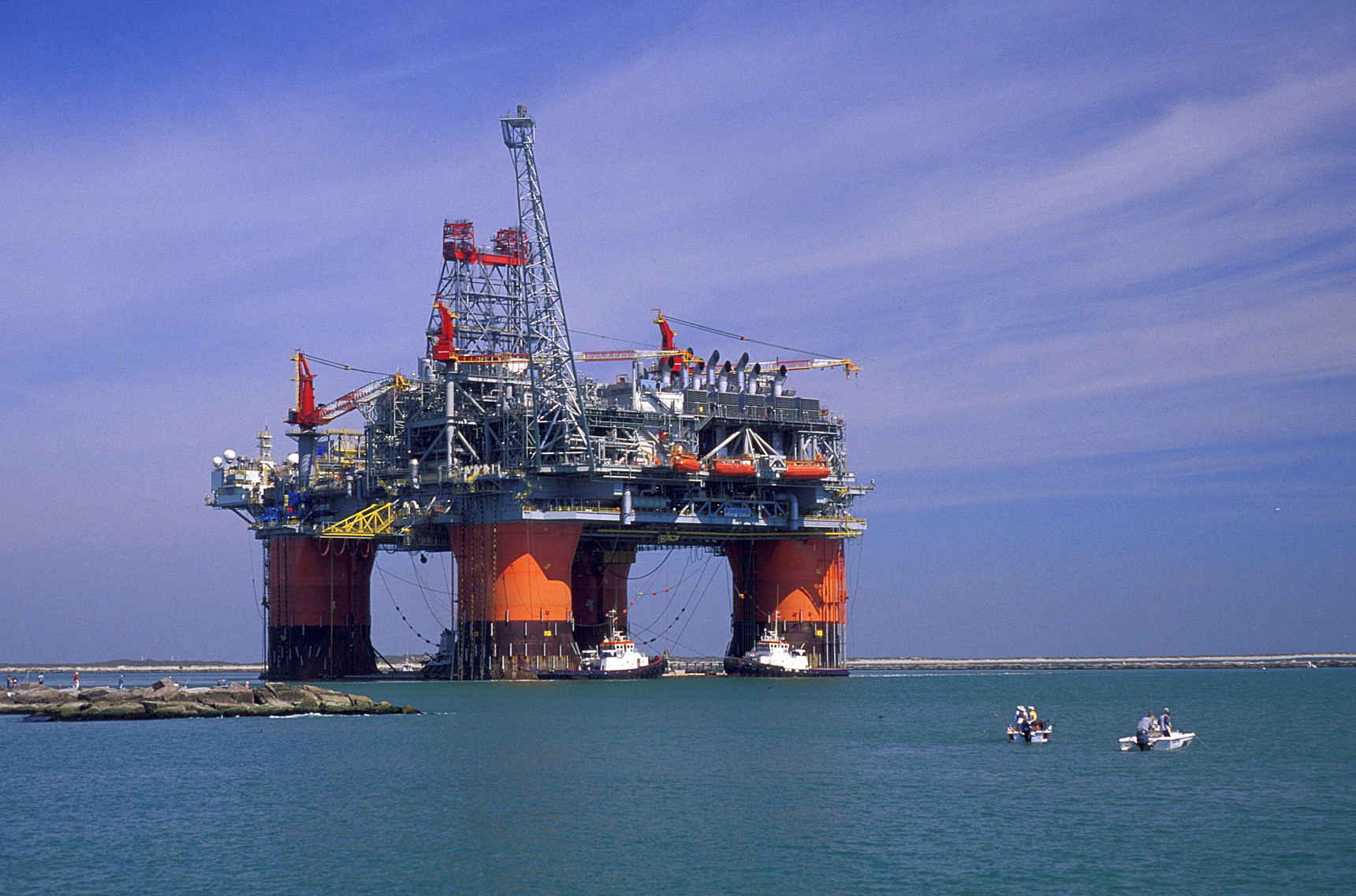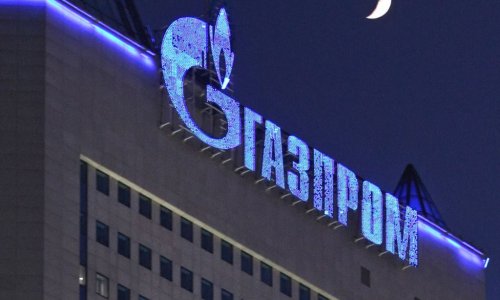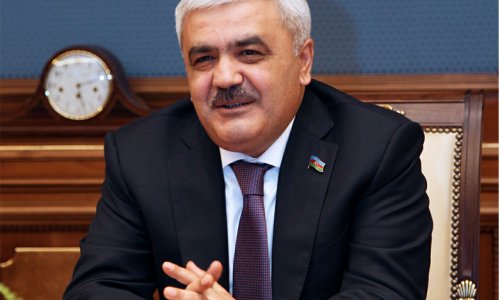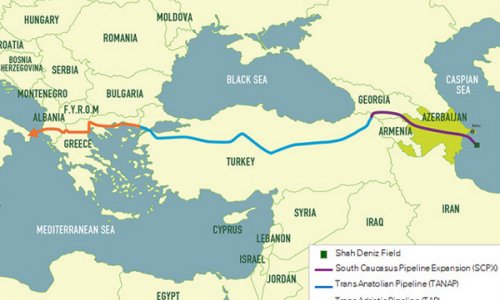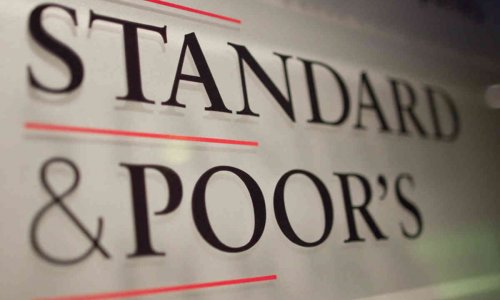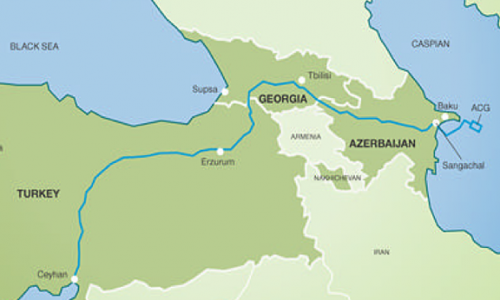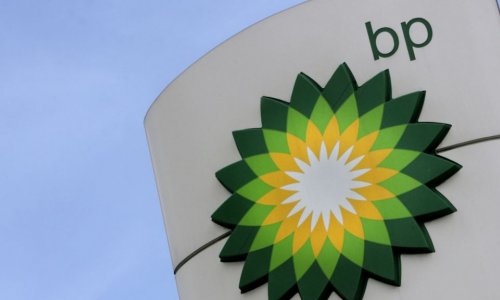European officials on Friday will take a step toward creating a web of natural gas pipelines across the region’s southeast as a way to reduce the threat of Russia choking off supplies.
Some 17 nations, more than half of them from the former Soviet bloc, will endorse an action plan to improve energy infrastructure and ultimately to ensure each of them maintain three separate sources of supply. The decision is due at a meeting of ministers in Dubrovnik, Croatia, with Maros Sefcovic, the European Commission’s vice president in charge of energy union.
The crisis in Ukraine along with Russia’s decision in December to cancel a $45 billion pipeline to Europe shocked nations from Austria to Bulgaria. The commission wants to encourage them to work together on protecting energy supply. Russia supplies 27 percent of the gas that feeds the European Union, which imports more than half its energy needs.
"There are still considerable bottlenecks and constraints in the market that make it more difficult to move alternative sources of supply around the market and cut dependence on Russia,” said Emily Stromquist, an energy analyst at the Eurasia research group in London.
European Commissioner Miguel Arias Canete, who oversees climate and energy, will join the discussions that build on a strategy outlined in February, according to his office in Brussels.
Nations Gathered
European Union nations at the talks include Austria, Bulgaria, Croatia, Greece, Hungary, Italy, Romania, Slovenia and Slovakia. Those outside the union are Serbia, Albania, Bosnia and Herzegovina, The Former Yugoslav Republic of Macedonia, Republic of Kosovo, Montenegro, Moldova and Ukraine.
South-eastern Europe is a vital part of the political jigsaw to diversify supply away from Russia. The countries in the region stand between energy-hungry markets of Western Europe and gas fields around the Caspian Sea owned by Kazakhstan, Turkmenistan and Azerbaijan.
Next year, a venture that includes BP Plc and Statoil ASA plans to start work on the Trans Adriatic Pipeline, which will help to ship Azeri natural gas to Italy, Greece, Albania and Bulgaria.
The South Stream project scrapped in December would have piped gas under the Black Sea to Europe. Russian President Vladimir Putin’s alternative is building a pipeline to Turkey and then shipping gas overland to Greece.
European Plan
The EU strategy is to make gas supplies more flexible by building additional pipelines across the southeast. So long as gas can flow both ways in each of the pipelines, that would fill gaps in the network and make the system more resilient to cutoffs.
Commission officials proposed a high-level group of ministers to discuss strengthening the gas network two months after Putin canceled South Stream.
A handful of projects already are on the drawing board. The Slovak transmission operator Eustream AS has a plan to boost transit from Slovakia to south-eastern Europe through Romania. That pipeline, with a working name Eastring, could be connected to the Turkish link via Bulgaria, Slovak Prime Minister Robert Fico said earlier this year.
Several countries also are pushing for a "Vertical Gas Corridor,” which would link Romania, Bulgaria and Greece. It would involve inter-connectors between Bulgaria and Greece and between Romania and Bulgaria.
Ministers at the talks in Dubrovnik will choose several infrastructure projects that need to be sped up. They may be eligible for financial aid from the European Investment Bank, the European Bank for Reconstruction and Development and the EU. Investors hope that officials will agree "very concrete decisions and timelines,” according to Stromquist.
"These aren’t typically very high cost projects but their impact is considerable,” she said. "Getting additional inter-connectors into the market will certainly help improve competition and reduce Russian dependence.”
(Bloomberg)
www.ann.az
Follow us !

